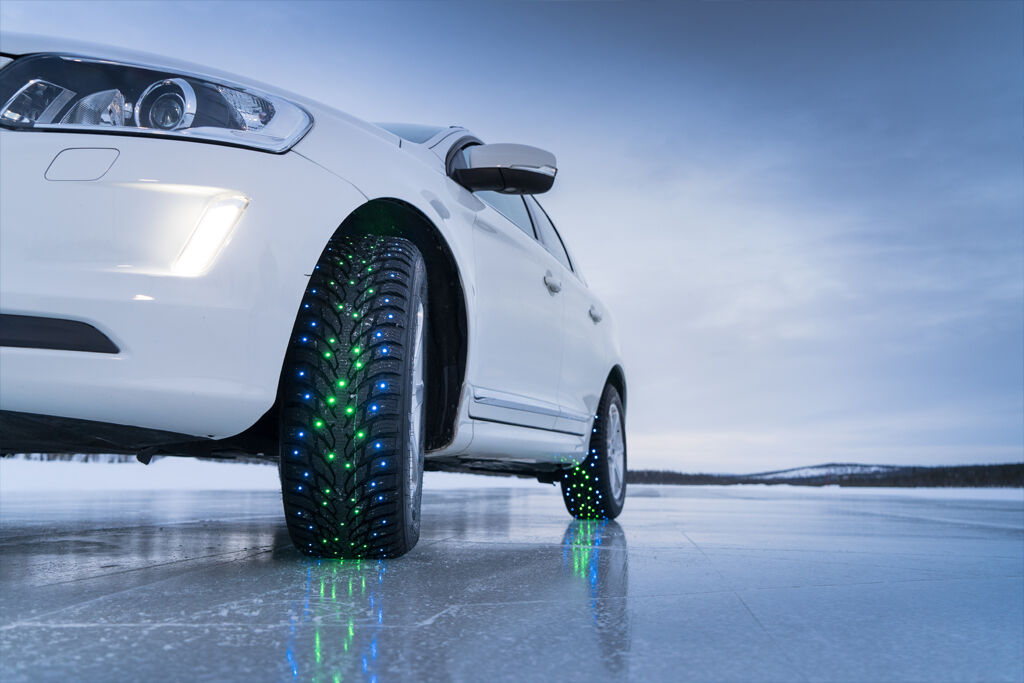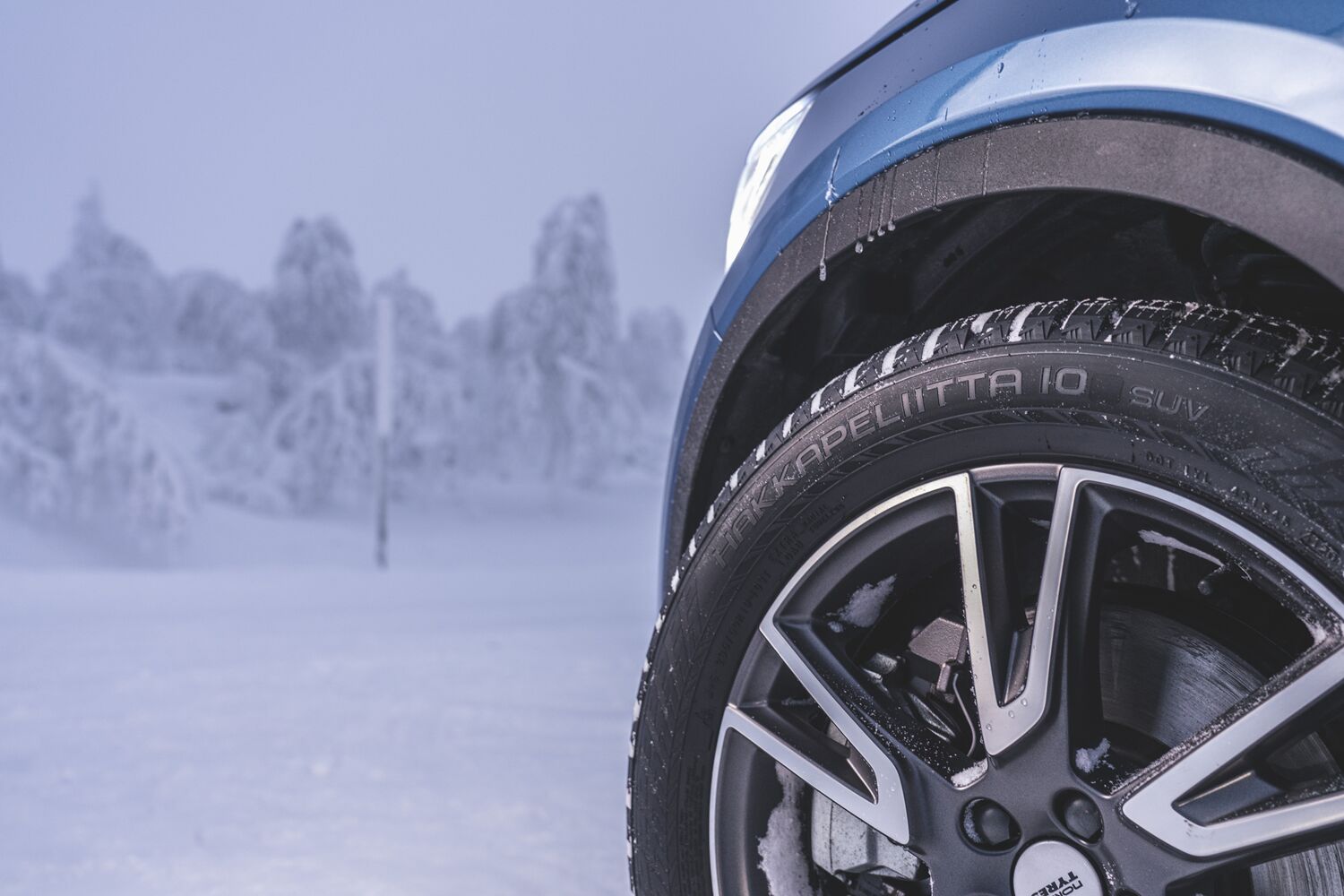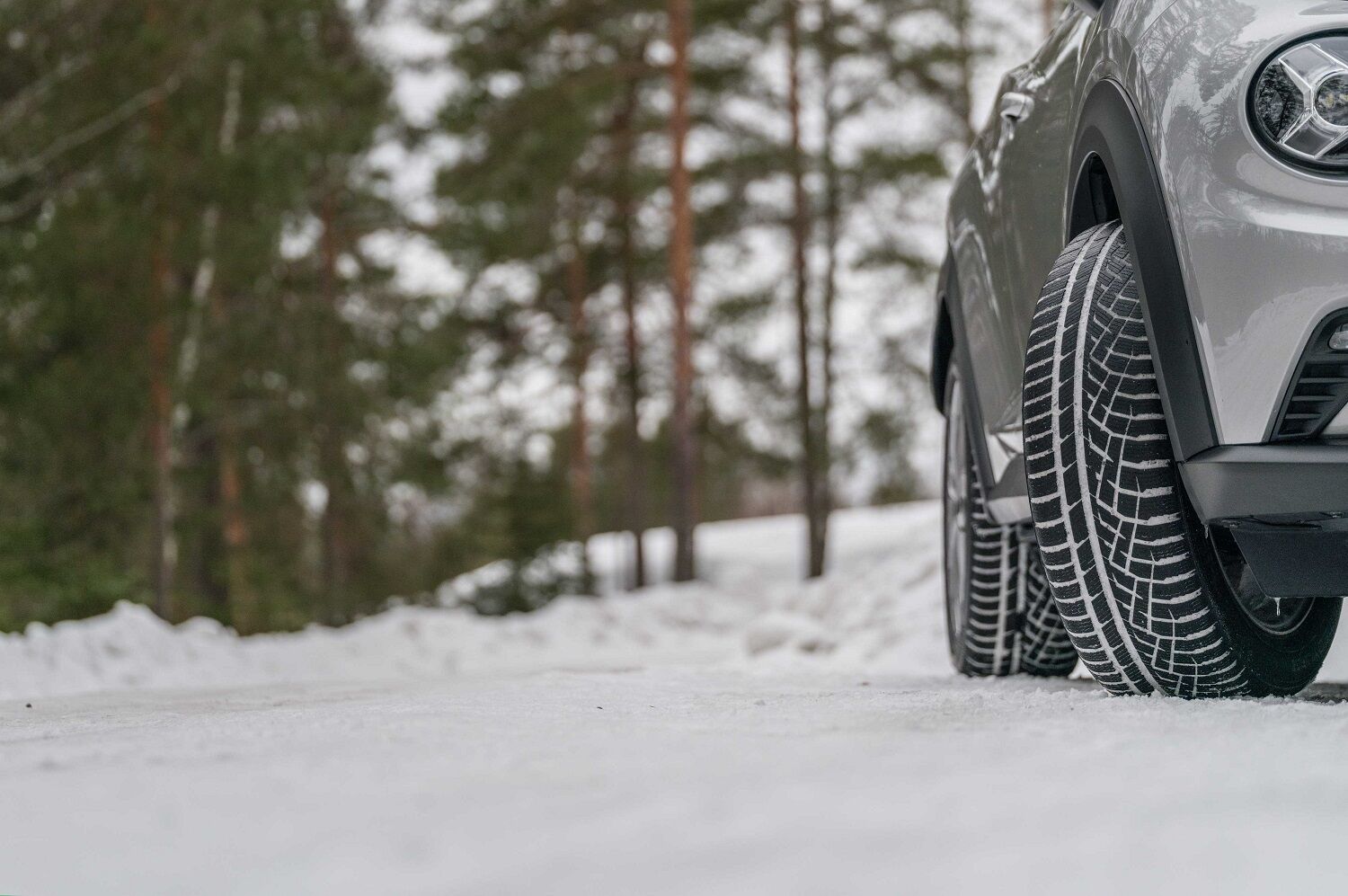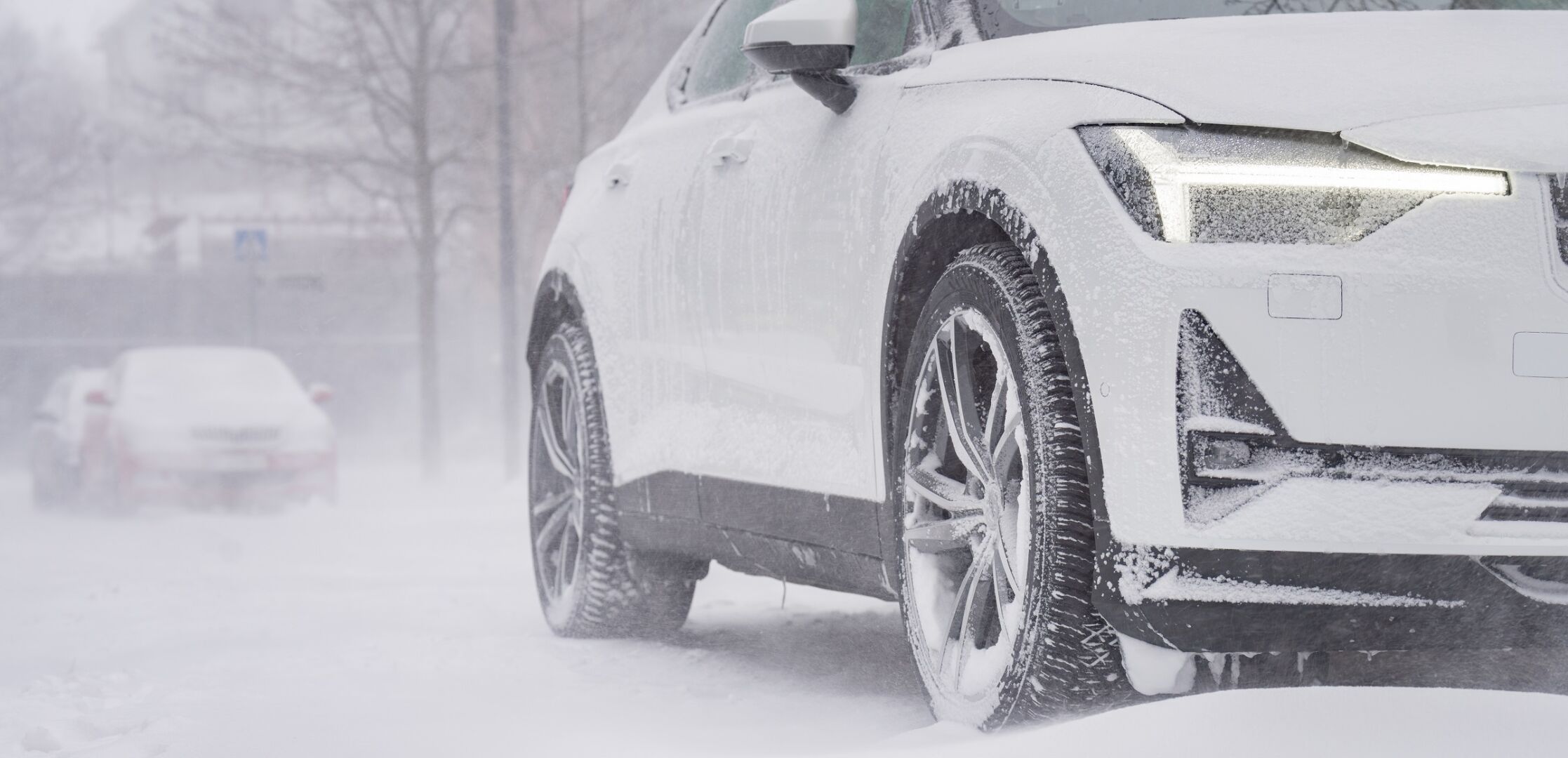
When driving on snowy and icy roads, premium winter tires are notably safer than all-season tires. Read why driving with winter tires makes a difference.
All-season tires can handle mild weather changes, but they aren’t built for harsh winter conditions. Their rubber hardens in the cold, reducing grip and making it harder to stop or steer on icy or snowy roads. Winter tires are specifically engineered to stay flexible and safe in freezing temperatures.
Watch our video on TikTok or here on YouTube Shorts to learn more:
Are winter tires worth it? Do I need winters if I have all-season tires?
When the temperatures drop in the winter months, many car owners start thinking about getting a second set of winter or snow tires to replace their all-season tires. But are winter tires really worth it, or can you get by in bad weather and snowy conditions with regular tires made for all seasons?
Do winter tires really make a difference?
In snowy and icy conditions, having specialized studded or non-studded winter tires can save you from many dangerous situations in traffic. The extra traction and superior cornering performance of winter tires make a big difference.
- Traction on ice and snow. Winter and snow tires are designed specifically for difficult winter driving conditions. Both studded and non-studded winter tires have a better grip on icy and slippery surfaces than all season tires.
- Shorter stopping distance. The superior stopping distance of a premium winter tire can save you from colliding with other vehicles. Sudden braking on slippery roads can be a real threat to road safety without appropriate tires. In addition to using the right winter tires, ensure their tread depth is optimal for safe driving.
- Steering response on ice and snow. You can easily lose control of your vehicle without the extra grip and traction of quality winter tires.
- Specialized rubber compounds. When the temperature drops, winter tires do not suffer from the cold winter weather. Winter and snow tires are designed to be driven in temperatures under 46 °F (7 °C).
Just remember that winter tires, whether studded or not, should be used only during winter. For summer driving, choose high-quality all-season tires or ultra-high performance tires designed specifically for warm weather.

Should you use winter or all-season tires?
If you expect to drive in winter weather on a regular basis, investing in a separate set of winter tires in addition to your all-season tires is definitely worth it. These two tire types differ greatly when put to the test in winter conditions.
Winter and snow tires have been designed for cold temperatures and have a specialized rubber compound that does not harden in the cold. All-season tires and UHP tires, on the other hand, may experience unnecessary wear when used in colder conditions.
Some drivers avoid winter tires to save money, as buying two sets of tires might seem more expensive at first. However, using dedicated winter tires protects your all-season tires from the harsh winter driving conditions, making them last longer. But more importantly, using a second set of winter tires prevents accidents on snow-covered roads, which could lead to expensive repairs, not to mention insurance costs.
Note that there are laws in some areas of the U.S. and Canada regarding the use of winter tires. Check your local laws to ensure your tires are compliant or ask advice from your local Nokian Tyres dealer.
Premium snow tires for winter driving
When buying tires made specifically for winter, consider the driving conditions you will likely face. Choosing dedicated winter tires is the way to go if you need to drive in cold weather, winter storms, and snow-covered roads. Visit your local Nokian Tyres dealer to find reliable, premium winter tires for driving through the winter season.
Please remember that it is the driver’s responsibility to ensure their tires are safe and suitable for their vehicle and to follow the vehicle’s manufacturer´s guidelines for proper use and maintenance. Consult your closest Nokian Tyres dealer or your vehicle’s manufacturer for specific advice.


